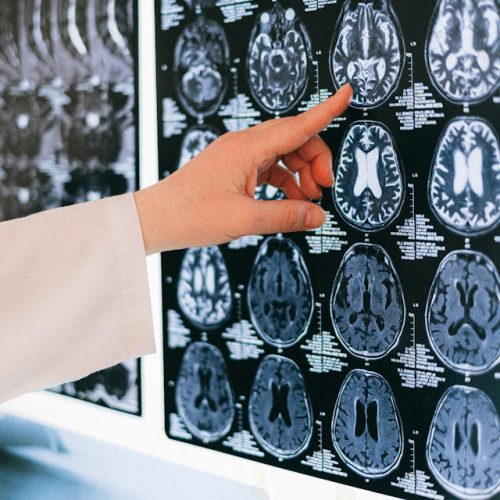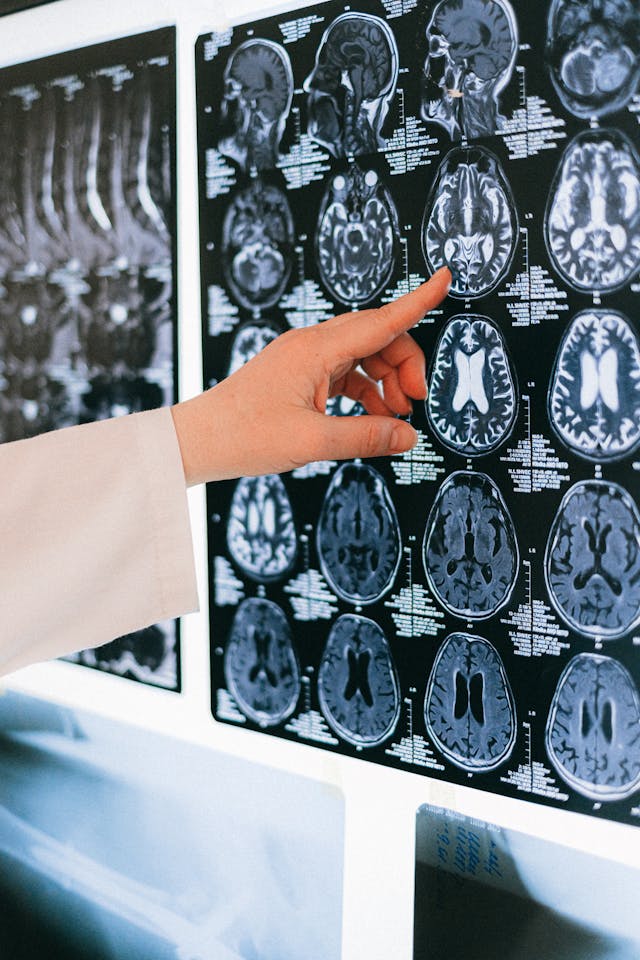Insomnia, characterized by difficulty falling asleep or staying asleep, is a common symptom of depression. The relationship between insomnia and depression is complex, as each condition can exacerbate the other.
This article explores how insomnia relates to depression, detailing the signs, causes, diagnosis, treatment options, and prevention strategies. Additionally, it offers guidance on how to discuss these symptoms with a healthcare provider.
Signs
Recognizing insomnia as a symptom of depression involves identifying several key signs:
- Difficulty Falling Asleep: Trouble initiating sleep despite feeling tired.
- Frequent Awakenings: Waking up multiple times during the night and having difficulty returning to sleep.
- Early Morning Awakening: Waking up much earlier than desired and being unable to go back to sleep.
- Non-Restorative Sleep: Experiencing sleep that is not refreshing, leading to daytime fatigue.
- Daytime Sleepiness: Feeling excessively tired during the day despite spending adequate time in bed.
Causes
Understanding the factors that contribute to insomnia in the context of depression can help in managing and treating these conditions:
- Biological Factors: Imbalances in neurotransmitters like serotonin and norepinephrine, which regulate mood and sleep, can lead to insomnia.
- Psychological Factors: Anxiety, stress, and negative thinking patterns associated with depression can interfere with the ability to fall and stay asleep.
- Behavioral Factors: Poor sleep habits, such as irregular sleep schedules, excessive caffeine or alcohol consumption, and lack of physical activity, can contribute to insomnia.
- Environmental Factors: Stressful life events, such as relationship problems, financial difficulties, or significant life changes, can trigger insomnia and worsen depressive symptoms.
Diagnosis
Diagnosing insomnia as a symptom of depression involves a comprehensive evaluation by a healthcare professional. The diagnostic process may include:
- Clinical Interview: A thorough discussion of symptoms, medical history, and significant life events with a doctor or mental health professional.
- Sleep Diary: Keeping a detailed record of sleep patterns, bedtime routines, and any factors that affect sleep.
- Questionnaires: Standardized assessments to evaluate the severity of insomnia and depressive symptoms.
- Polysomnography: In some cases, an overnight sleep study to monitor sleep stages, breathing, and other physiological parameters may be conducted to rule out other sleep disorders.
Treatment Options
Effective treatment for insomnia associated with depression typically involves a combination of approaches:
- Medication: Antidepressants that promote sleep, such as trazodone or mirtazapine, can help regulate mood and improve sleep. In some cases, short-term use of sleep aids or sedative-hypnotics may be prescribed.
- Cognitive Behavioral Therapy for Insomnia (CBT-I): A structured program that helps individuals identify and change thoughts and behaviors that negatively affect sleep. CBT-I is considered one of the most effective treatments for chronic insomnia.
- Lifestyle Changes: Establishing a regular sleep schedule, creating a relaxing bedtime routine, and avoiding stimulants like caffeine and nicotine can improve sleep quality.
- Stress Management: Techniques such as mindfulness, meditation, yoga, and deep breathing exercises can help manage stress and promote relaxation.
- Sleep Environment: Creating a comfortable sleep environment by reducing noise, light, and maintaining a cool temperature can facilitate better sleep.
Prevention
Preventing insomnia in the context of depression involves proactive strategies:
- Develop Healthy Sleep Habits: Maintain a consistent sleep schedule, avoid naps, and establish a relaxing pre-sleep routine.
- Manage Stress: Practice stress-reduction techniques and engage in regular physical activity.
- Limit Stimulants: Avoid caffeine, nicotine, and alcohol, especially in the hours leading up to bedtime.
- Create a Sleep-Conducive Environment: Ensure the bedroom is dark, quiet, and cool, and use comfortable bedding.
- Seek Early Intervention: Address symptoms of depression and insomnia as soon as they arise to prevent them from worsening.
Communicating with Your Doctor
Discussing insomnia and depression with a healthcare provider is crucial for effective management. Here are some tips:
- Be Honest: Clearly describe your symptoms and how they affect your daily life.
- Keep a Sleep Diary: Track your sleep patterns and any factors that impact your sleep to provide detailed information to your doctor.
- Ask Questions: Inquire about treatment options, side effects, and what to expect from therapy or medication.
- Follow Up: Regularly update your doctor on your progress and any changes in your symptoms.
Disclaimer
This article is intended for educational purposes based on research. I am not a doctor or health advisor. Always consult with your primary care doctor before considering any information provided here.








